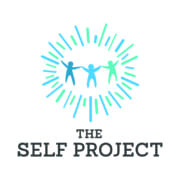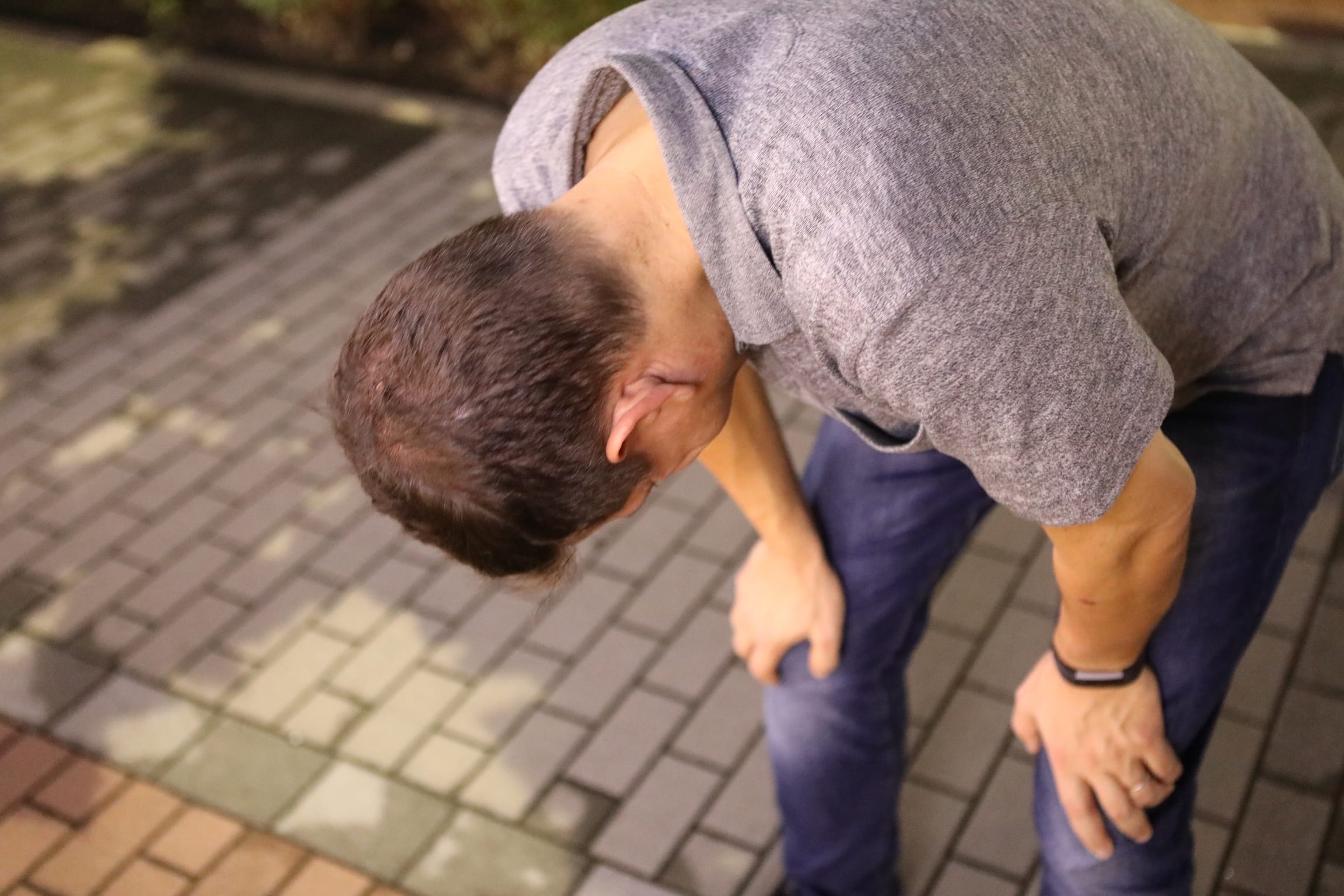Taking Some of the Heat Off
 Listening to the July 6 episode of The Takeaway, I had a moment of clarity and recognition and also an inward groan. The entire episode was focused on mental health, but the first 12 minutes was spent looking at adolescent mental health – specifically how these young folks fared during the lockdown months of 2020. As you can imagine, young people struggled during these months, but the inward groan (and also the recognition) came as a result of one major finding they talked about. Namely, that it was parents who were responsible for much of the angst adolescents felt.
Listening to the July 6 episode of The Takeaway, I had a moment of clarity and recognition and also an inward groan. The entire episode was focused on mental health, but the first 12 minutes was spent looking at adolescent mental health – specifically how these young folks fared during the lockdown months of 2020. As you can imagine, young people struggled during these months, but the inward groan (and also the recognition) came as a result of one major finding they talked about. Namely, that it was parents who were responsible for much of the angst adolescents felt.
I groaned because I think parents already blame themselves for so many things when it comes to their teens. We feel so ill-equipped to manage many of the things that come up during these years already, and a study that showed we really made things harder for our kids during the pandemic lockdown wasn’t going to make any of us feel better. But, on the flip side, I think it’s important to understand where we can shift the way we do things to reduce some of the stress on our kids, so here goes:
Imagine that during lockdown, you were stuck living with your boss. That, while you experienced some measure of independence and self-determination at work before, now they are sitting in your office or cubicle with you, supervising. They are able to see exactly what you do in any given moment of any day like never before. That’s how many of our kids felt. While they were used to being at school and making many of their own decisions before, suddenly they found themselves at home, maybe attending online school from the kitchen table, with us hovering, eavesdropping on the lecture perhaps, side-eyeing them as they picked up their cell phone to glance at something while the teacher was talking, noticing if they typed something into the chat box when they were “supposed” to be paying attention. Maybe they do all those things routinely in class anyway, but now they’re in a space where a parent is able to monitor that and it feels really awful to be constantly scrutinized.
Now imagine that your boss knows that you can’t go play on your evening soccer league team because of the lockdown. They know that you can’t travel to take care of an aging parent, so you don’t need time off of work. Consider that your boss believes that without these other things in your life, you have way more time to dedicate to work, and their expectations increase. That’s what kids told the folks who did these studies – that without extra curricular activities and social obligations, their parents (and teachers) ratcheted up the expectations for their academic work during the pandemic lockdown. And while it may seem like that makes a lot of sense, what we aren’t thinking about is the emotional labor kids were managing during that time and what a toll it takes on our ability to complete cognitive functions.
Adolescents already struggle with executive function – it’s part of their job during these years to practice and develop time-management, emotional regulation, cause-and-effect thinking, among other things. But when we are stressed or overwhelmed emotionally, the portion of our brain that is responsible for these things is unable to do its job effectively. And it’s safe to say that adolescents were feeling incredibly overwhelmed during the lockdown – I wrote about that here. So increasing our expectations for them was pretty much the opposite of what they needed, and yet most of us did it anyway.
I don’t say this to make you feel bad about yourself as a parent. I say this so that we can become aware of what our kids are struggling with and do better in the future. While lockdowns are mostly over in many parts of the world, our tweens and teens are still processing the effects of that time – trying to reconnect with friends and maybe catch up with academics, figuring out how to grieve the loss of milestones and also people lost to Covid, and managing their concern for what the future holds. We can support them in this by acknowledging the invisible work they’re doing to navigate all of that and ask what feels helpful during this time. Make sure they have plenty of opportunities to just play and have fun, get rest when they need it, and talk to us when they’re feeling like we are asking too much of them. Sometimes we can get too caught up in timelines and external expectations to remember that our teens still need a lot of nurturing and care.









Leave a Reply
Want to join the discussion?Feel free to contribute!